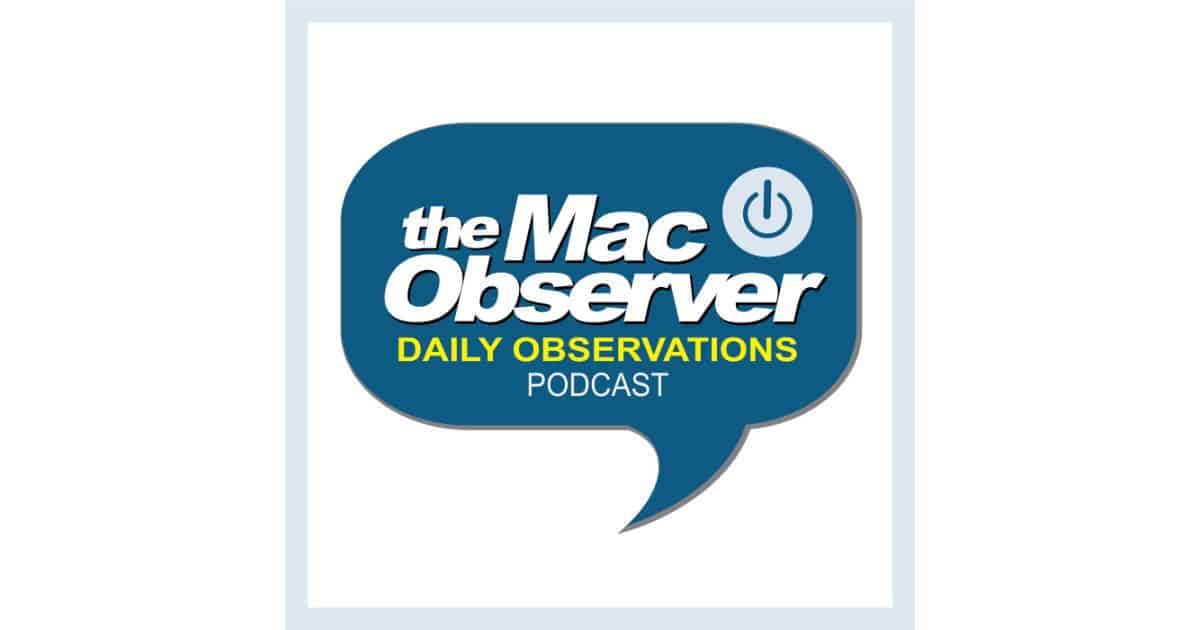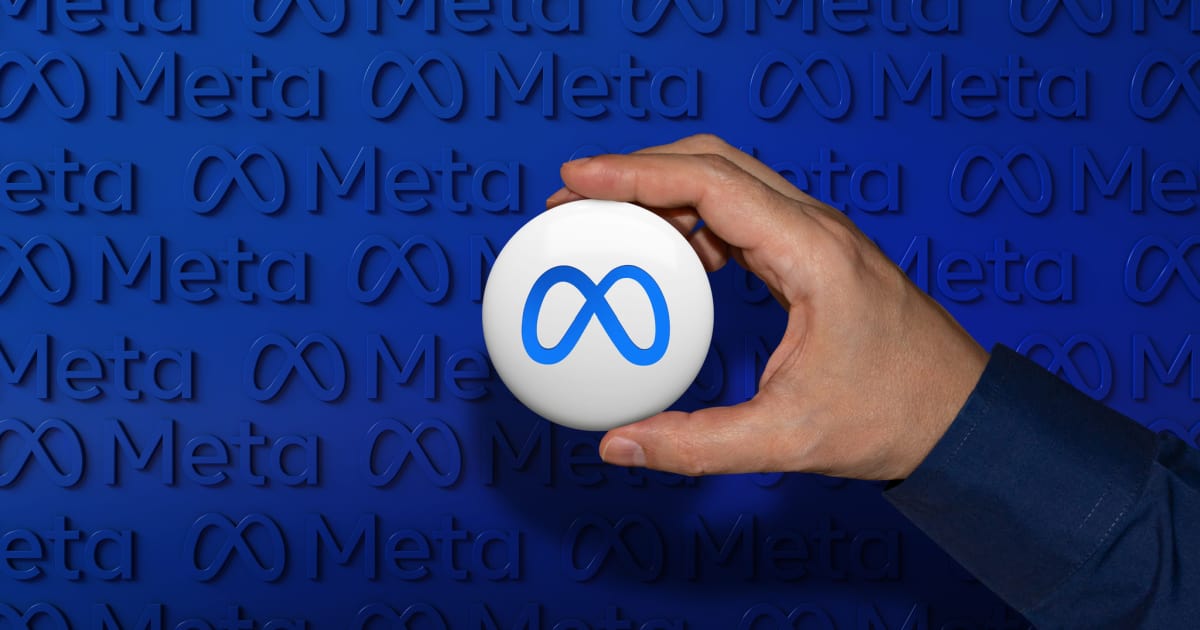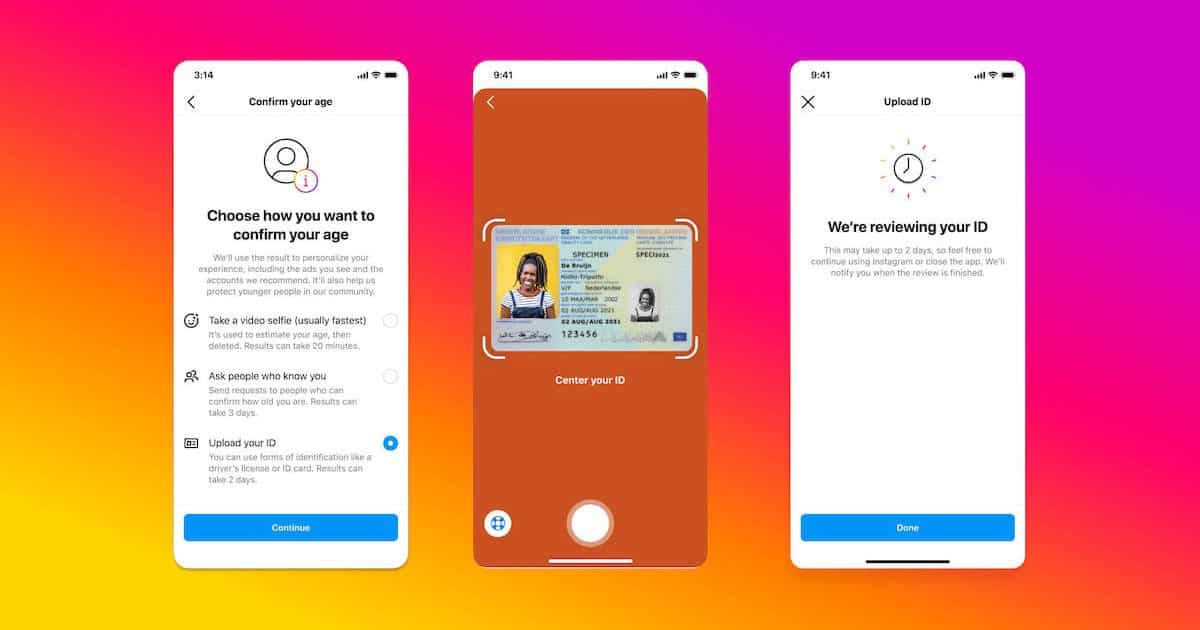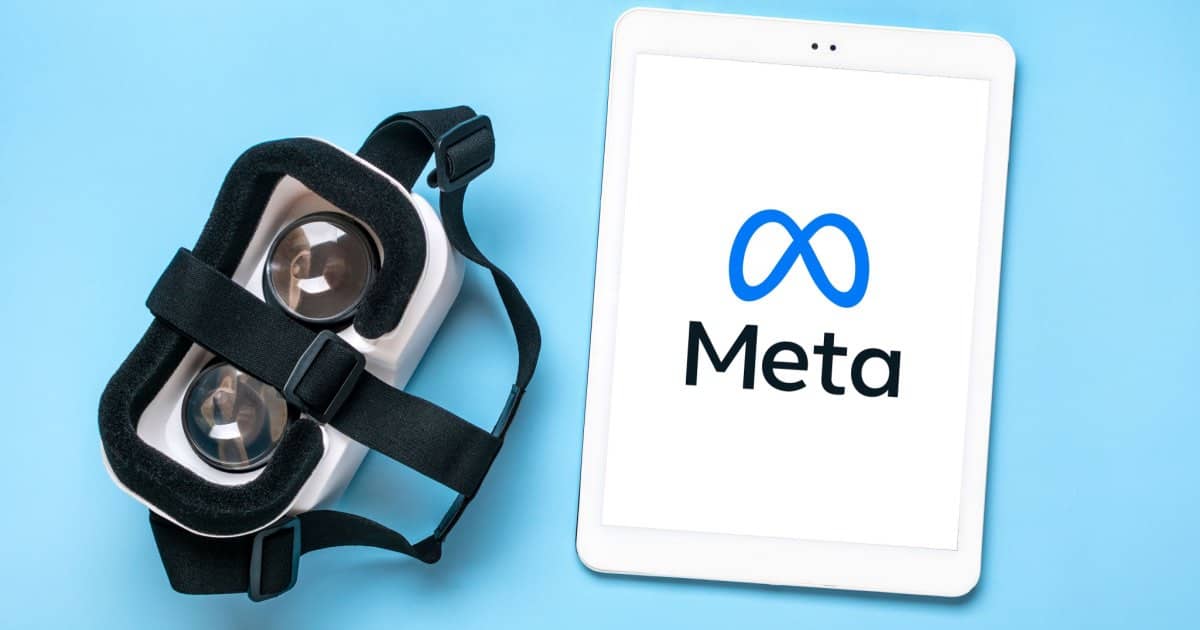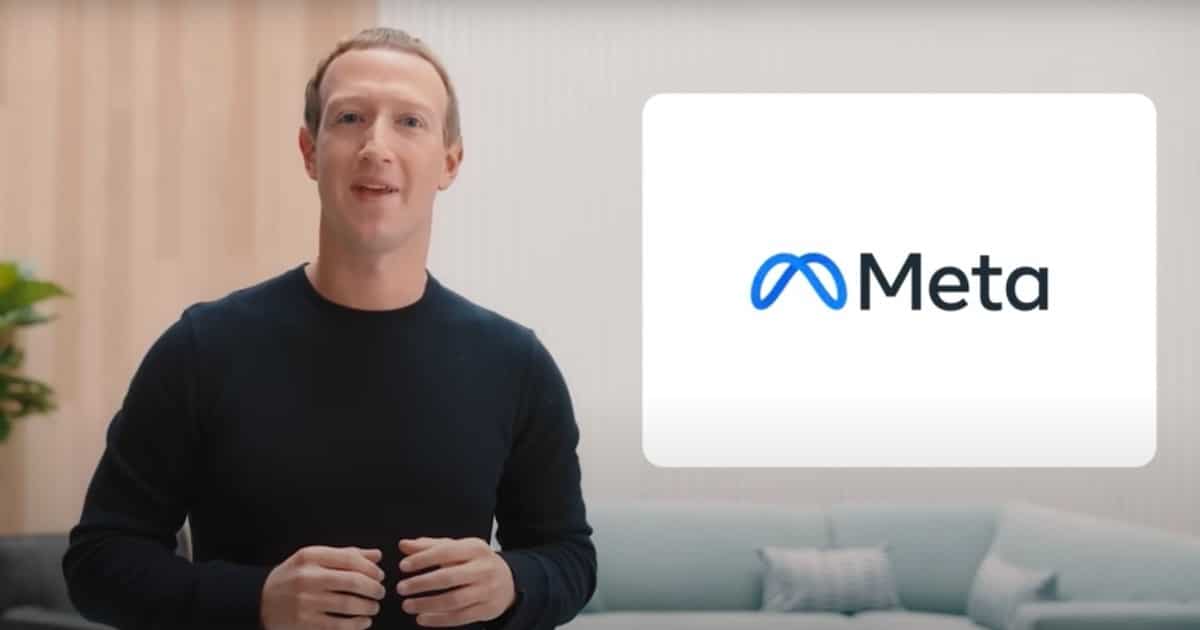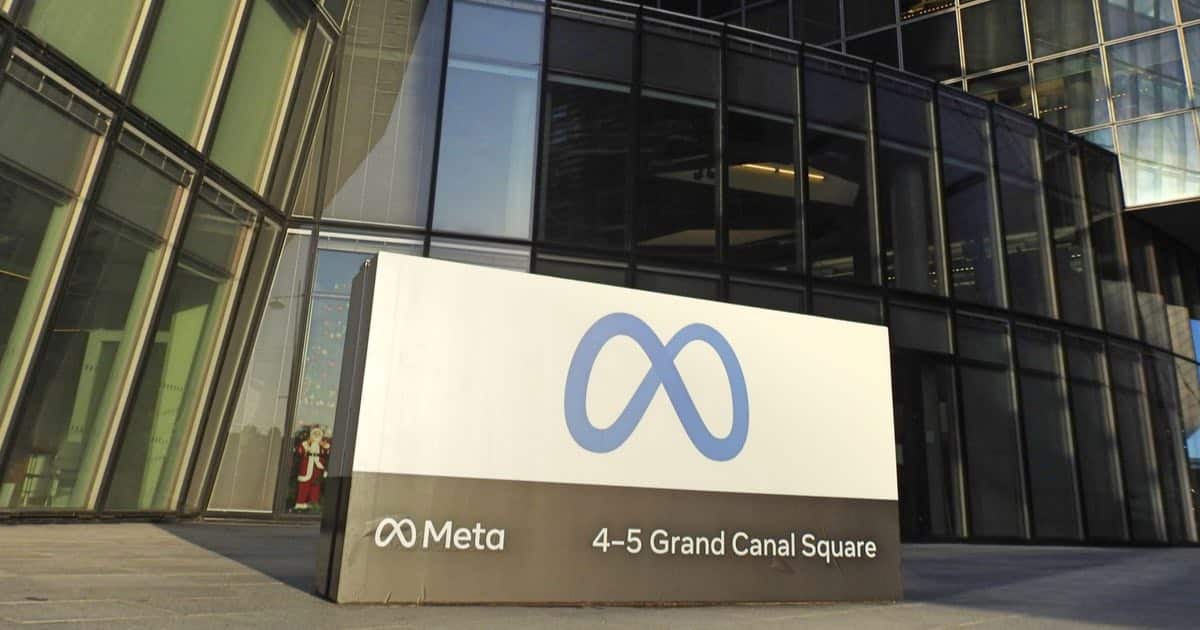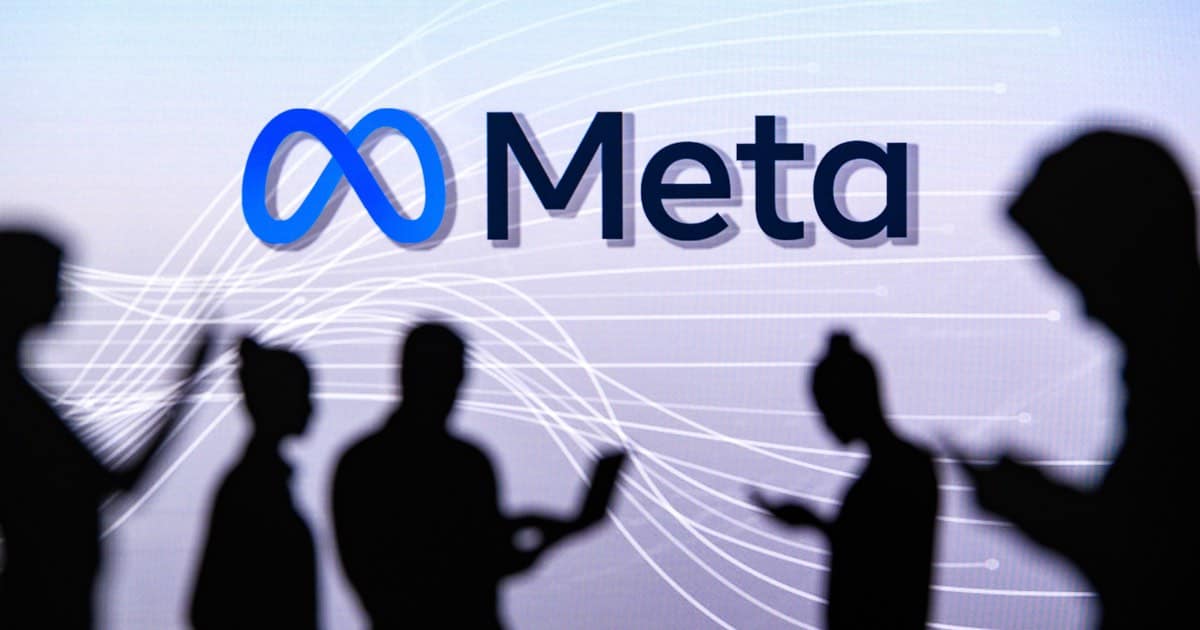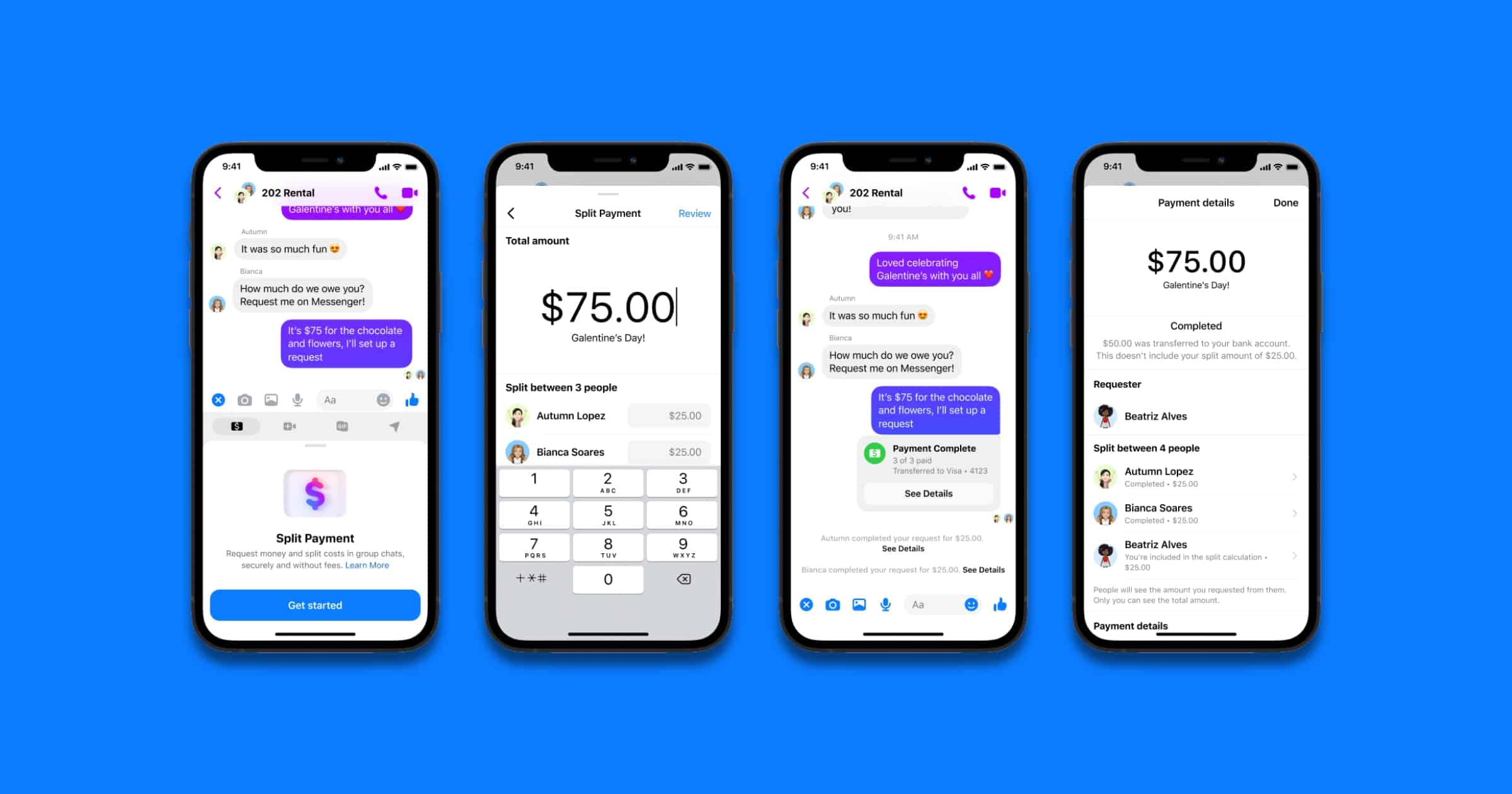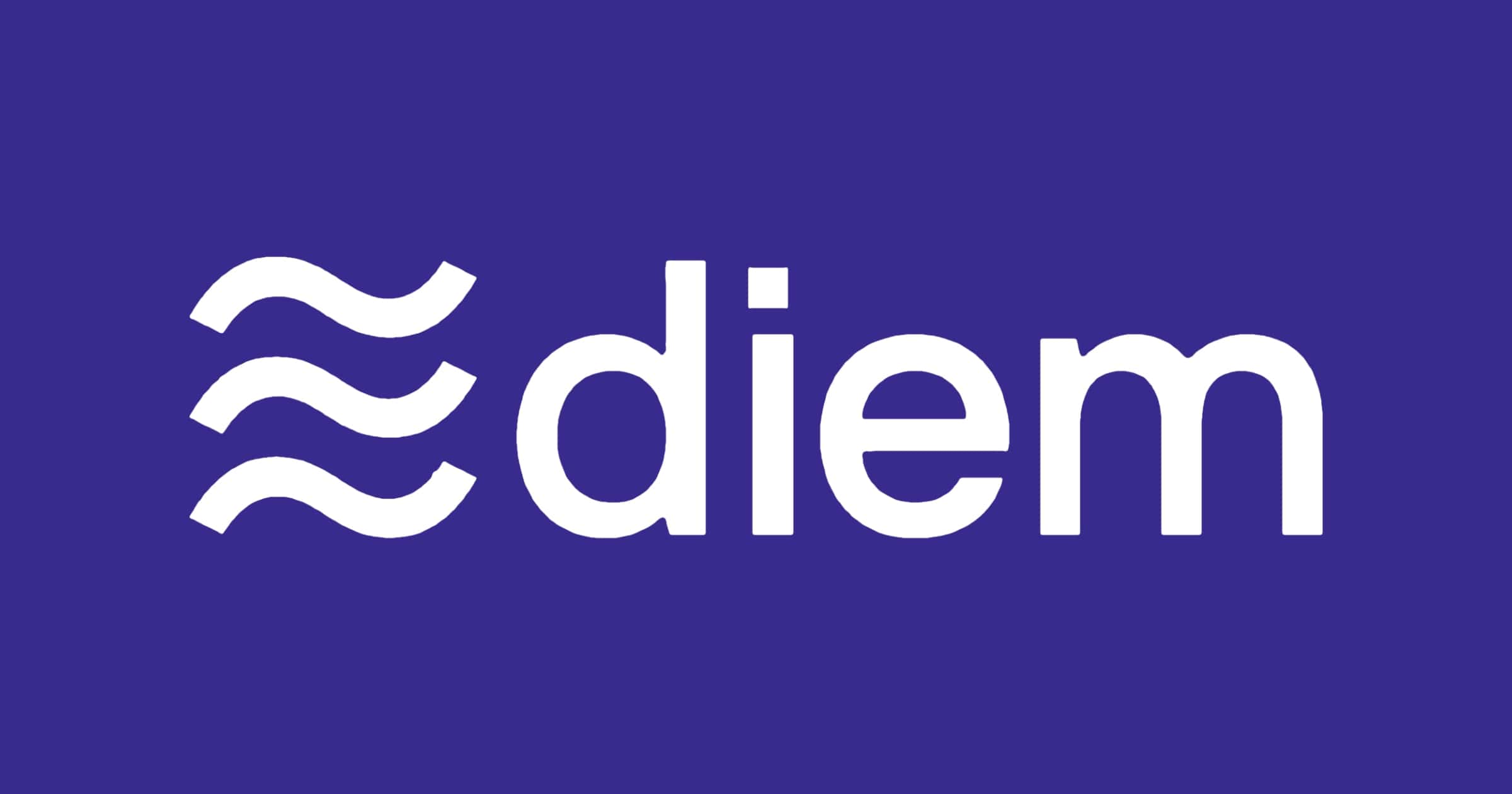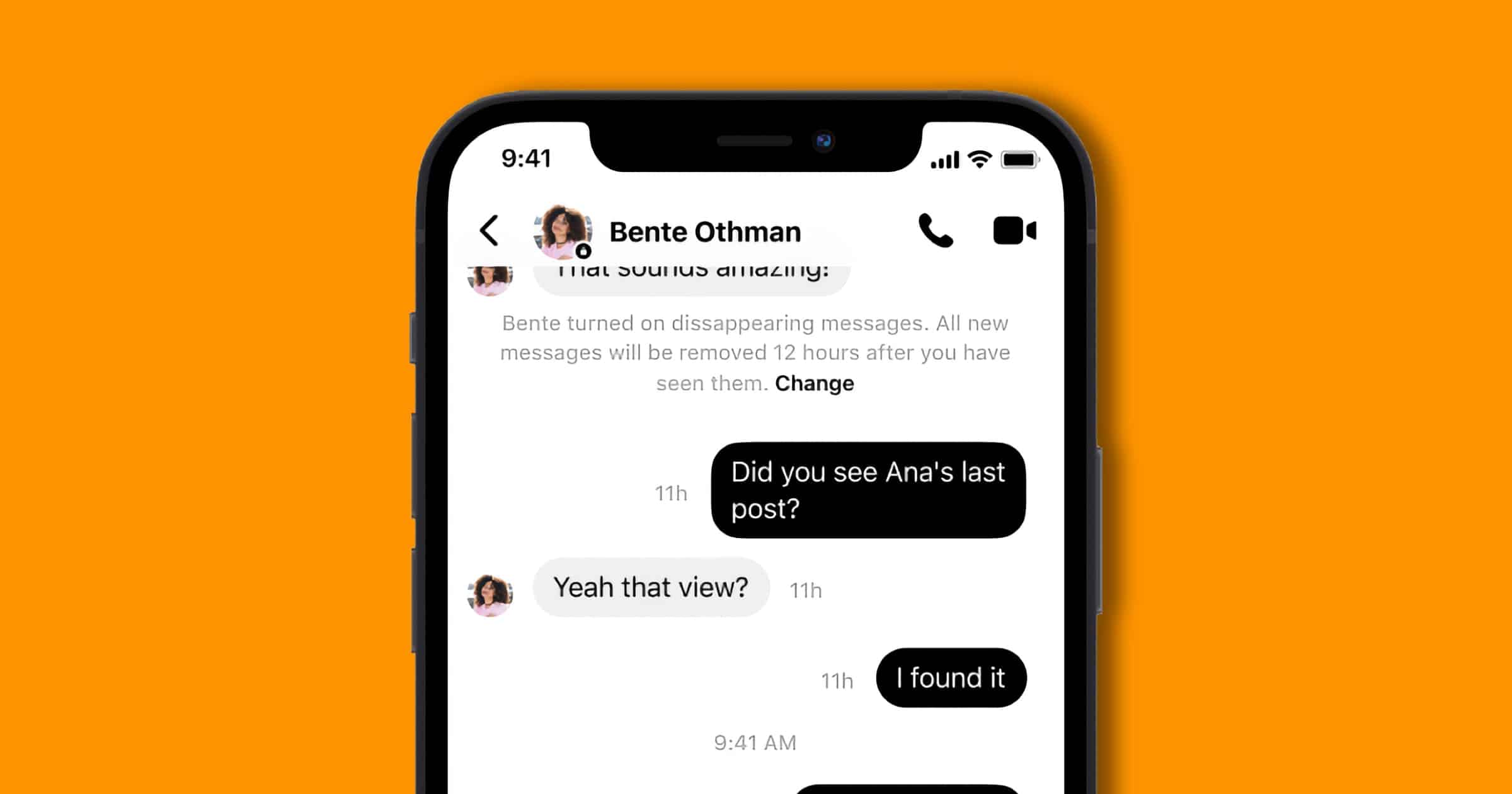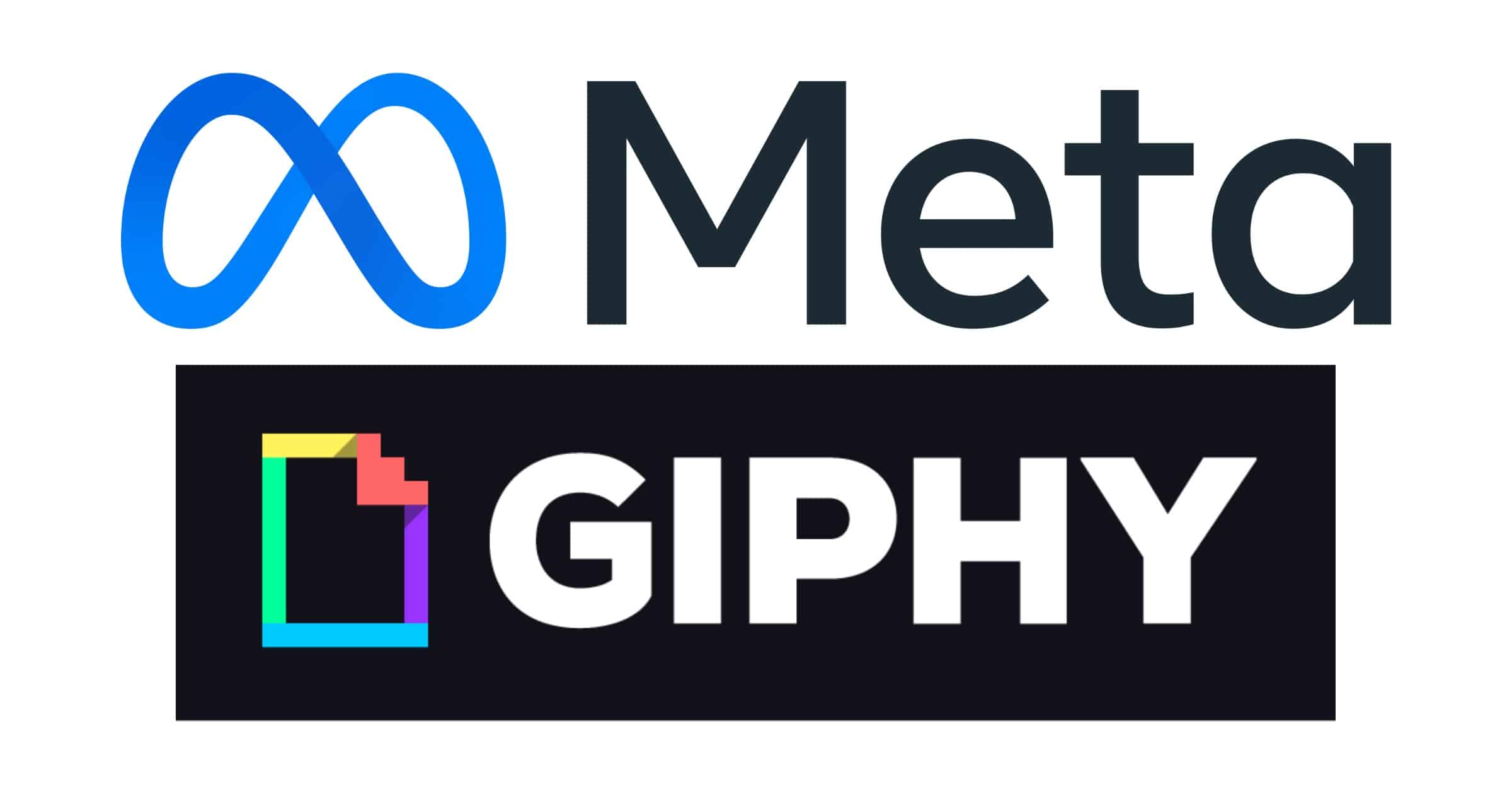TMO Managing Editor Jeff Butts joins Ken to discuss stories that may speak to sentiment around Apple, and social media’s plans to nickel and dime users for security. Plus — A vote of confidence for Mastodon from Apple.
Meta
Looking at the Big Tech Layoffs - TMO Daily Observations 2023-01-23
Thousands of layoffs across the tech sector in recent weeks prompt a discussion between TMO Managing Editor Jeff Butts and Ken. That includes a sort of inspiring message from the head of Nintendo back in 2013, and wondering where Apple is in all of it. Plus – a short Mailbag Monday on supply chain diversification.
Meta to Lay Off 11,000 Employees, and That May Just Be for Starters
Meta CEO Mark Zuckerberg announced the company will lay off 13% of its employees. Some analysts think that’s only the beginning.
AR and VR with Creative Strategies CEO Ben Bajarin - TMO Daily Observations 2022-11-09
Today, Ken talks with one of his favorite industry people about one of his favorite topics: Creative Strategies Principal Analyst and CEO Ben Bajarin hits the show to talk augmented reality, virtual reality, Facebook, Apple, and the metaverse.
Instagram Expands Age Verification Program Backed by AI to Brazil and India
Instagram is unrolling more age verification features in Brazil and India, Meta began testing these features in the U.S. earlier this year.
Meta CEO Mark Zuckerberg Again Taking Jabs at Apple, This Time Over Hardware Costs
Meta CEO Mark Zuckerberg is making the news again today, this time for comments regarding Apple’s hardware costs.
Meta CEO Mark Zuckerberg Sits for Interview, Discusses Apple and the Future of the Metaverse
Meta CEO Mark Zuckerberg did an interview with “The Verge”, discussing a variety of topics such as Apple and the Metaverse.
Meta Warns Users of Third-Party Apps Stealing Facebook Login Credentials
Reports indicate that Meta is warning users of third-party apps on Google and Apple’s app stores looking to steal Facebook login credentials.
Meta Faces Class Action Lawsuit Over Tracking iPhone Users Despite Apple App Tracking Transparency
Reports indicate that Meta is facing a class action lawsuit regarding tracking iPhone users despite Apple’s App Tracking Transparency.
In-App Browsers Used by Companies Like Instagram and Facebook Are Massive Privacy Risk Warns Developer
Developer Felix Krause of Fastlane warns that in-app browsers, such as the ones used by Meta, can be a massive privacy risk to users.
Instagram Rolls Back TikTok Redesign and Limits Suggested Content, for Now
Instagram has announced it is rolling back its TikTok-style redesign after monumental criticism from users.
Meta and Other Tech Giants Form the Metaverse Standards Group, Apple Not Present During the Forum
Meta and other tech giants agreed to form a group that will formulate metaverse industry standards, Apple was not present in the forum.
Report Finds that Facebook Receives Sensitive Patient Information from Hospital Websites
A report from “The Markup” indicates that Facebook uses “Meta Pixel” trackers to receive patient information from hospital websites.
Apple Calls Out Meta for ‘Hypocritical’ Metaverse Content Commissions
Meta has recently announced NFT sales in its Horizon Worlds platform. Many say the proposed metaverse content commissions are too high.
Meta Says Facebook Removed Over 400 Accounts Ahead of Philippines Election
Meta announced the removal of over 400 accounts and pages for misinformation ahead of the Philippines election. The election is set for May 9.
Apple and Meta Involved in Hacking Attack, Gives User Data Under Guise of Phony Legal Requests
Companies Apple and Meta have fallen victim to a recent hacking attack, supplying user data to people posing as the authorities.
Courts in Russia Declare Meta an "Extremist Organization," Ban App
On Monday, a Moscow court declared Meta an extremist organization. The company must adhere to new laws if it wishes to get the ban lifted.
Texas Sues Meta Over Facebook Facial Recognition
Texas Attorney General Ken Paxton filed a lawsuit against Meta. It seeks civil penalties due to Facebook’s facial recognition practices.
Split Payments in Messenger Rolls Out to Facebook Users
Split Payments in Messenger is rolling out to people, the company announced on Wednesday, as well as other features such as Vanish Mode.
Facebook's Failed 'Diem' Stablecoin Now Officially Over
Facebook had dreams of launching its own cryptocurrency called Diem (formerly Libra) but the company has called it quits (link to original PR piece here, commentary from The Verge below).
The sale of Diem’s assets marks the end of an effort that, in retrospect, was doomed from the start. Facebook, which now goes by Meta, created the apps that would have been the main way people used the token. So even though Facebook formed the Libra Association to govern the token with other companies, people were immediately fearful that Libra would make the controversial tech giant even more powerful. Plus, members of the Libra Association started to drop out, just months after the group had been announced.
Facebook Rolls Out End-to-End Encrypted Chats for Everyone
End-to-end encrypted chats are now available for all users of Facebook Messenger, the company announced. This includes group chats and calls.
Last year, we announced that we began testing end-to-end encryption for group chats, including voice and video calls. We’re excited to announce that this feature is available to everyone. Now you can choose to connect with your friends and family in a private and secure way.
These secure chats remain opt-in only, instead of encrypted by default like actual private messaging apps.
FTC Oculus Probe Examines Meta for Potential Anticompetitive Practices
Bloomberg has a report (paywalled link) about an FTC Oculus probe launched recently along with multiple states. A paywall-free summary can be found in the link below.
The agency is seeking to explore how Meta may be using market power in the VR space to stifle competition – in particular whether the Oculus app store might be discriminating against third parties selling apps that compete with Meta’s software. The inquiry also includes a probe into sales practices and pricing for the Quest 2 headset, at $299 notably less expensive than many rival models, according to the report.
Details of Meta Appeal Against GIPHY Ruling Emerge
Documents have revealed the basis of Meta’s appeal against a British regulator’s decision that it should sell GIPHY. Reuters has summed up the key points raised by Facebook’s parent company in appeal against the Competition and Markets Authority (CMA) decision.
The Competition Appeal Tribunal on Wednesday published a summary of Meta’s application, outlining its challenge on six grounds. The U.S company, which owns Instagram and WhatsApp as well as Facebook, said the CMA had failed to assess its offer to ensure Giphy could continue to provide services to competitors like Snapchat and TikTok on the same terms. The regulator’s decision was also procedurally flawed, Meta said. The CMA ordered Meta to sell Giphy, which it acquired for a reported $400 million in May 2020, in November after it decided the remedies offered by the U.S. company did not answer its concerns.
